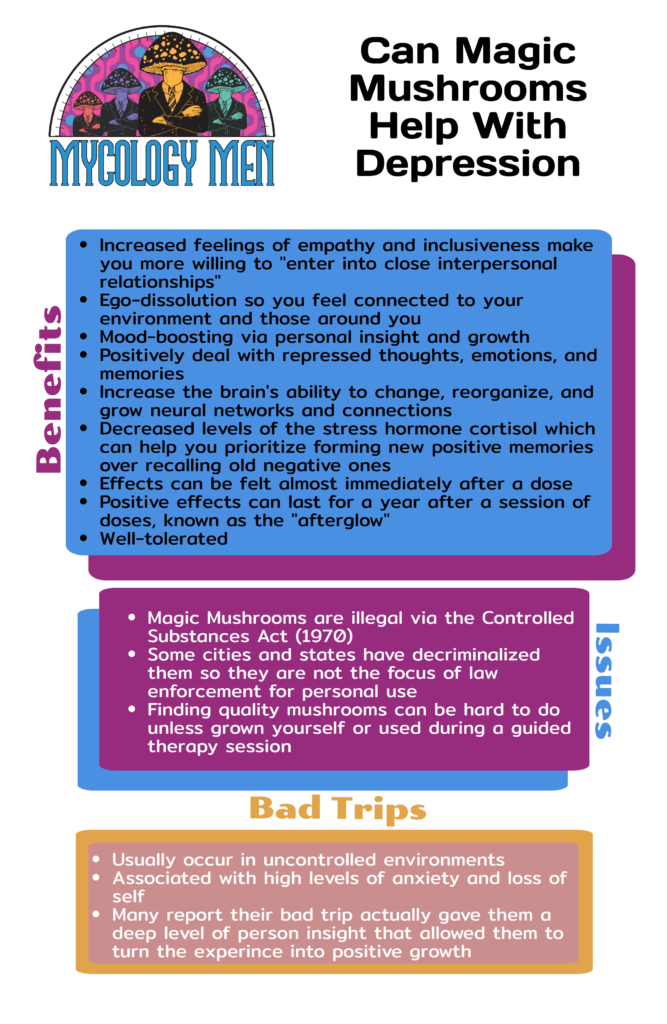
Magic Mushrooms have been around for a long, long time. Indigenous people used these psychedelic mushrooms during healing ceremonies. Late in the 1950’s the effects of taking ‘shrooms was popularized and use quickly spread.
The active ingredient in psychedelic mushrooms is psilocybin. Chemically, it is similar to serotonin (the mood-boosting chemical). When ingested, psilocybin can produce psychedelic effects such as hallucinations. This is known as “tripping”.
Magic mushrooms can be found in nature in certain parts of the world. The American Pacific Northwest (PNW) famously has mushrooms growing in their damp forests. You might be taking a hike and notice some small brown mushroom caps popping out of the ground. Those could be the coveted magic mushrooms! Never ingest wild mushrooms without proper identification. They could be highly poisonous. Magic mushrooms can also be grown in a lab or at-home setups.
Because they can be found in nature, you might think that psilocybin is legal. Well, guess again. Psilocybin was made illegal with the Controlled Substance Act (1970). This is the same act that made mairjuana and heroin illegal.
Depression (major depressive disorder, MDD) is a medical mental illness that has a negative impact on your feelings, thoughts, and behavior. One in six people (17%) experience depression at least once in their lives. It most commonly appears in your mid-20’s, but can pop up at any time. Symptoms of depression include feeling sad, loss of interest in activities, loss of appetite, loss of energy, trouble sleeping, feelings of worthlessness, difficulty concentrating, and thoughts of suicide.*
One of multiple symptoms that last for two weeks or more could indicate major depressive disorder. Luckily, depression is treatable. Popular methods to treat depression include antidepressant drugs like selective serotonin reuptake inhibitors (SSRIs), therapy and psychoanalysis, and recently, psychedelics such as psilocybin, LSD, DMT, and ketamine.
Several studies looking at psilocybin’s effects on symptoms of depression have shown very promising results. The studies evaluated participants using the GRID-Hamilton Depression Rating Scale (0-24) and only those who scored a 17 or higher were accepted to the study. One study found that psilocybin use reduced the average score from 23 (severely depressed) to just 8 (lower-end of mild depression).* Another study looking at those with treatment-resistant depression (TRD) found that, with psilocybin use, every single one of the 19 participants had a reduction in depression symptoms. They determined this is, in part, attributed to decreased cerebral blood flow which has been associated with a reduction of depression symptoms.*
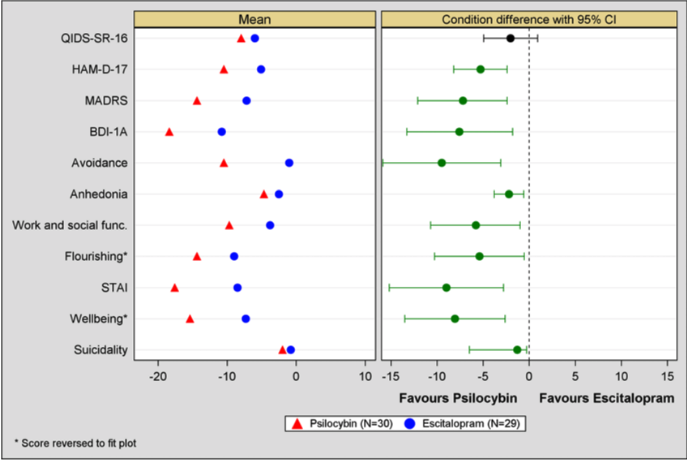
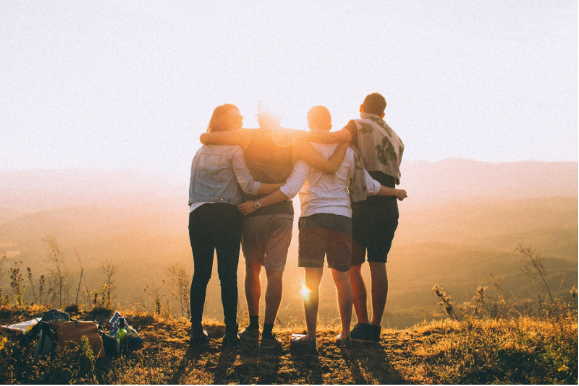
Psilocybin use has been shown to increase certain aspects of your social interactions. Feelings of empathy and inclusiveness seem to increase in the weeks following a dose. This period is known as the “afterglow” and can last for around 6 weeks after a psilocybin dose. Many have also reported an increased “willingness to enter into close interpersonal relationships” during the afterglow period.*
One interesting effect resulting from a dose of psilocybin is ego dissolution. Basically you begin to lose that feeling that you are separate from your surroundings. Instead, you feel connected to those around you and your environment. This can have very positive impacts on your social skills.*
The mood-boosting effects of psilocybin from magic mushrooms are pretty profound immediately after a dose and for months, if not a year, afterwards. This period after a dose, known as the “afterglow” was noticed in both depressed and healthy people. Many experience a high level of personal insight during the “peak” of a dose. This has major personal value that can affect your mood in a positive way for months. Part of the reason you feel better is psilocybin’s ability to bring up repressed thoughts, memories, emotions, and then allowing you to confront them with an open mind. *
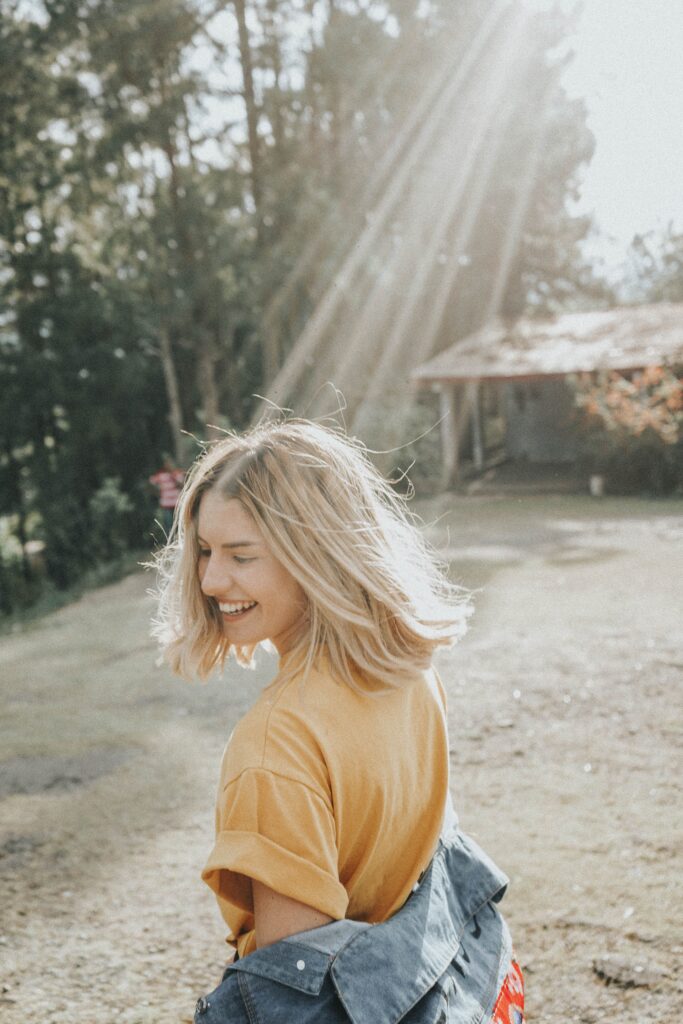
So, how does psilocybin actually help your brain process these thoughts and emotions in a healthy way? It has been shown that psilocybin can increase your brain’s ability to change, reorganize, and grow neural networks. This helps you make neural connections that were not previously there. These new connections can help to loosen old connections you may be holding onto. For example, an old connection that you are holding onto may be affecting you negatively in life. Maybe certain social situations bring on anxiety because you have had a negative experience in the past in a similar situation. Psilocybin can potentially help you to overcome that connection and make new, positive ones.*
In addition to the neural-flexibility brought on from psilocybin use, it seems that psilocybin can also lower levels of cortisol in your body. Cortisol is the main hormone your body releases to deal with stress. Lower cortisol levels can aid with extinction learning. This means your brain will prioritize learning new memories over recalling old ones. This can help you develop more positive connections.*
Maybe the most useful aspect of psilocybin use in terms of aiding depression treatment is how quickly the effects take place, how long they last, and how well-tolerated psilocybin is. The positive effects may be felt pretty much immediately following a dose. One study found that
“symptom improvements appeared rapidly after just two psilocybin treatment sessions and remained significant 6 months post-treatment in a treatment-resistant [patient]”*
Quick acting results that do not require constant treatment is, to some, an ideal scenario to manage symptoms of depression. These studies were conducted in controlled settings where the participants were put into peaceful environments with a personal guide to be there for them through the dose. In all of the studies, psilocybin use was well-tolerated for the involved participants.
The active ingredient in magic mushrooms, psilocybin, is illegal under the controlled substances act (1970).* This is the same act which outlaws other substances like marijuana and heroin. So if you were wondering, “are magic mushrooms legal”? The short answer is, no. Recently, some states and cities have decriminalized magic mushrooms. This means they will not be enforcing laws related to magic mushrooms. That does not mean they are legal. You can still get into trouble for distributing large amounts. Cities that have decriminalized magic mushrooms include: Denver, Seattle, Ann Arbor, Santa Cruz, Washington DC, Somerville, and even that state of Oregon. This list grows every year.
So, if mushrooms are illegal, or at best decriminalized, where can I find magic mushrooms? Aside from growing them yourself (which is illegal) or finding them in nature, there are some companies out there who offer therapy sessions with magic mushrooms. You take a dose of psilocybin in a controlled environment surrounded by comforting sounds and colors. A trained guide is there to help you along the way as well. Places like these have been growing in number so expect to see more and more of these in upcoming years.
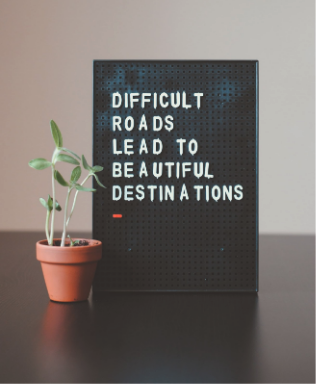
Bad trips. Many fear them, but should you? Many psilocybin users report that their “bad trip” actually gave them a deep level of insight to themselves which helped them grow as a person.* It is also generally accepted that bad trips mainly occur from taking hallucinogens in an uncontrolled environment. Bad trips are most notably associated with high levels of anxiety and loss of your view of yourself.* As we mentioned, this loss of self can help you grow as a person. So, try to use psilocybin in a controlled setting, preferably with a guide. If you do experience a “bad trip”, do not worry too much and just accept it and grow.
Disclaimer: This article is meant for education purposes only